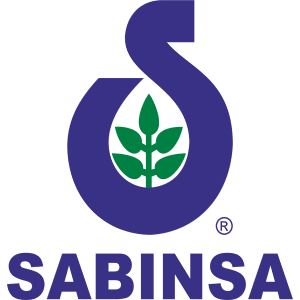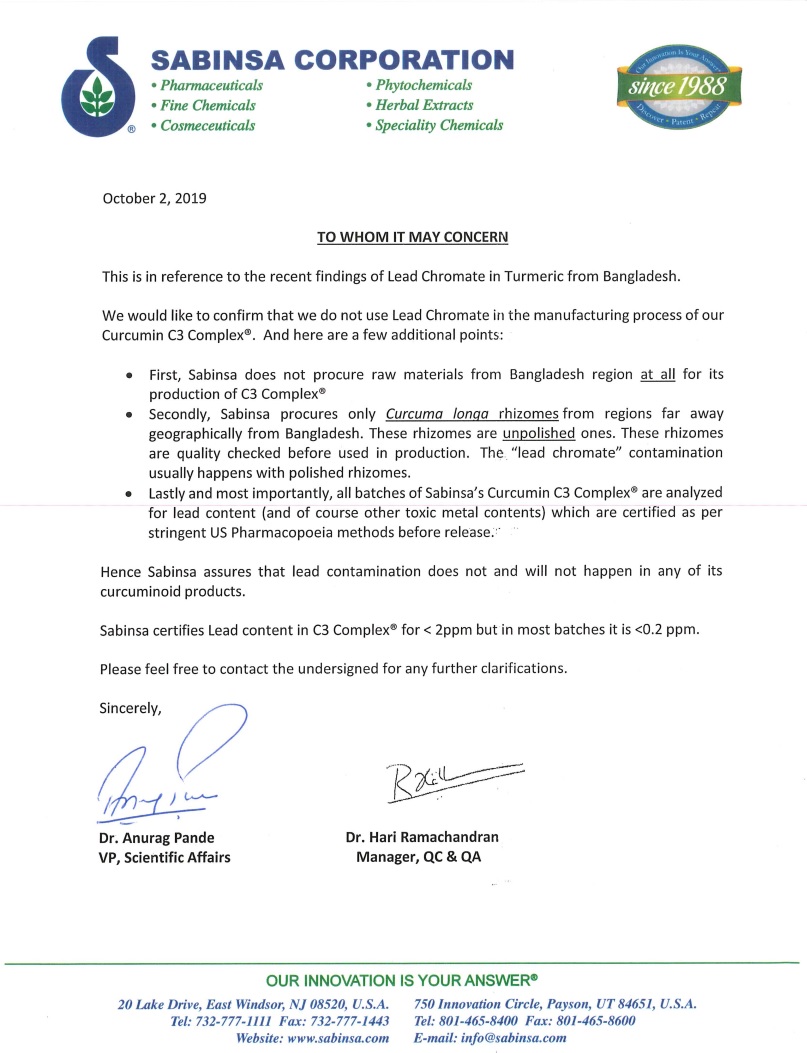Mucuna pruriens, from the botanical family Papilionaceae/Fabaceae, commonly known as velvet bean or cowitch is a plant indigenous to India. Ayurvedic practitioners have used the seeds for centuries in the management of Parkinson's disease and nervous debility as well as in formulations to control depression and improve mental alertness1. The seeds were also found to reduce cholesterol and blood sugar levels in experimental models2. These properties combined with its reported aphrodisiac effects indicate potential use in anabolic and energy formulations for sports nutrition.
The endocarp of the seeds were found to contain about 5% levodopa (L-dihydroxyphenylalanine, L-DOPA) which is used in conventional medical practice in the treatment of Parkinson's disease. A 12-week study with 60 patients suffering from Parkinson's disease evaluated the effectiveness of a stable standardized preparation (3% L-DOPA) made from the endocarp in the treatment of the disease. An average daily dose of 22.5 to 45 grams of the preparation produced significant reduction in symptoms, as determined using Unified Parkinsons Disease Rating Scale (UPDRS). The authors of this study concluded that the standardized extract of Mucuna pruriens offers an effective low cost approach to the management of Parkinson's disease. As opposed to synthetic drugs, the combination of phytonutrients in the extract could contribute to its low toxicity and superior efficacy3.
Sabinsa Corporation supplies a standardized extract of Mucuna pruriens containing not less than 15% L-DOPA.
- Singh, R.H. (1989). J. Research in Ayurveda and Siddha, 11: 1-6
- Akhtar, M.S. et al. (1990) J. Pakistan Medical Association 40(7):147-1 50
- Manyam, B.V. et al. (1995). J. Alternative and Complementaty Medicine, 1(3):249-255.








